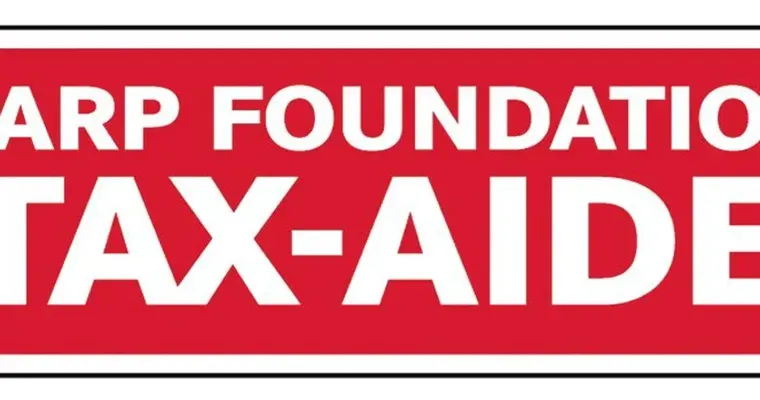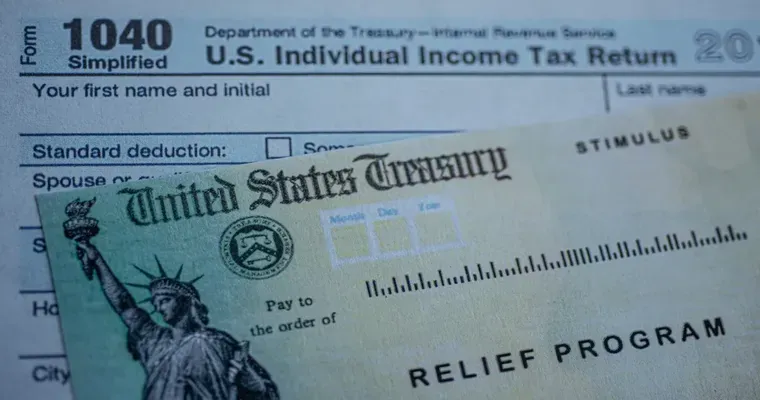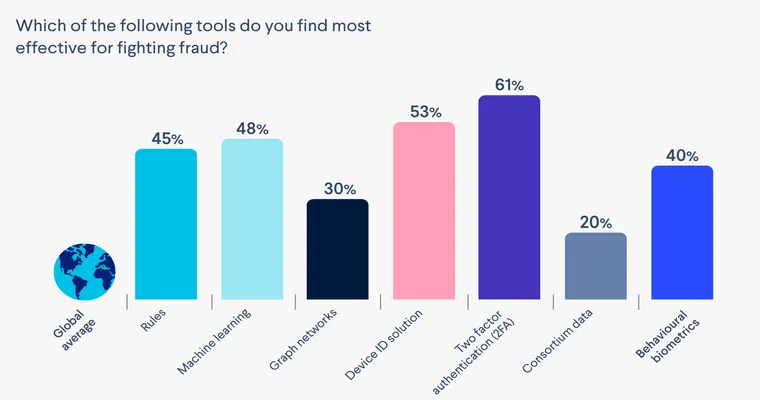If you are a "caregiver" providing support to a family member or loved one, you may be wondering how to find out if you can get an "exemption" for caregiving responsibilities. Understanding your rights and the resources available to you is essential, especially when balancing personal or professional obligations. In this article, we will explore the steps to determine eligibility for caregiving exemptions, types of exemptions available, and where to find helpful resources.
The first step in discovering whether you qualify for a caregiving exemption is to consult "local laws and regulations". Many states and countries have specific provisions that allow caregivers to apply for exemptions from certain duties, such as taxation or employment obligations. Research your state’s caregiver legislation to identify any relevant rules that may apply to your situation.
Next, you should check with your employer if you are working. Many companies have "policies in place" that support employees who are caregivers. This may include flexible work hours, leave options, or even specific exemptions related to workplace duties. Schedule a meeting with your HR department to discuss your circumstances and inquire about any potential exemptions you might qualify for.
In addition to understanding employer policies, consider reaching out to "government agencies" that deal with caregiving services. Many regions have departments dedicated to family services or aging that can provide guidance on available exemptions. They can also help you navigate any necessary paperwork or applications.
Another important resource is local "nonprofit organizations" that focus on caregiver support. These organizations often have information on available exemptions and can connect you with other caregivers who can share their experiences. They might also offer workshops or seminars that cover the topic of caregiver rights and benefits.
If you believe you may qualify for a "tax exemption" due to your caregiving role, it is advisable to consult with a tax professional. They can help you understand the specific criteria and assist you in filing for any relevant exemptions. Tax laws can be complex, and having professional guidance can help ensure you take advantage of all available benefits.
Finally, don't hesitate to seek support from other caregivers. Joining support groups, either online or in-person, can provide valuable insights and experiences from individuals who are navigating similar situations. Networking with others in the caregiving community can lead to discovering exemptions and benefits you may not have previously considered.
In conclusion, finding out if you can get an exemption for caregiving requires a combination of research, communication with your employer, and seeking guidance from government and nonprofit resources. By taking proactive steps and utilizing available support systems, you can better understand your rights as a caregiver and ensure that you have the necessary exemptions to balance your responsibilities effectively.





